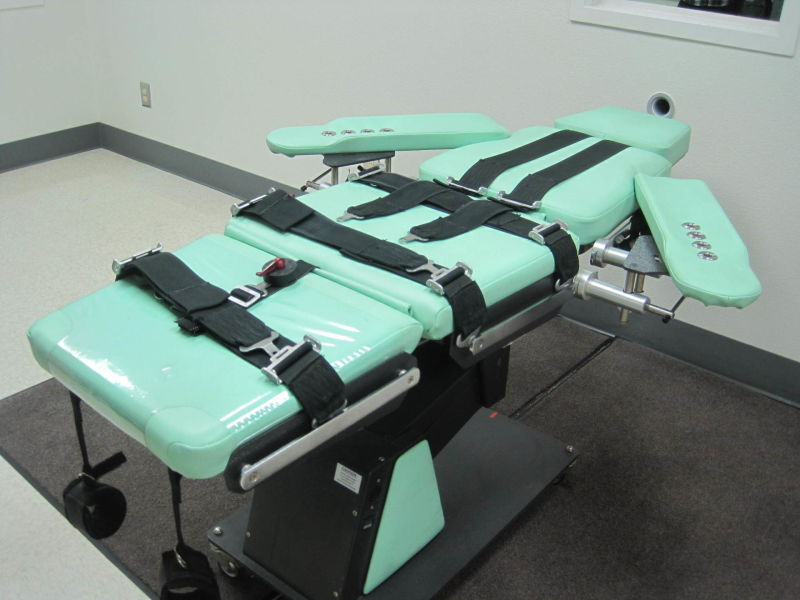The 9th U.S. Circuit Court of Appeals will hear oral arguments Monday in a case that could declare California's death penalty unconstitutional.
The court is hearing state Attorney General Kamala Harris' appeal of a 2014 ruling by Central California U.S. District Judge Cormac Carney that vacated the death sentence of convicted rapist and murderer Ernest Dewayne Jones.
Carney's ruling garnered national attention last year. With equal parts frustration and resignation, the George W. Bush appointee lambasted California's decades-long death penalty process, calling capital punishment "life in prison, with the remote possibility of death."
"Allowing this system to continue to threaten Mr. Jones with the slight possibility of death, almost a generation after he was first sentenced, violates the Eight Amendment's prohibition against cruel and unusual punishment," Carney wrote.
His conclusion is worth reading in its entirety:
When an individual is condemned to death in California, the sentence carries with it an implicit promise from the State that it will actually be carried out. That promise is made to the citizens of the State, who are investing significant resources in furtherance of a punishment that they believe is necessary to achieving justice. It is made to jurors who, in exercise of their civic responsibility, are asked to hear about and see evidence of undeniably horrific crimes, and then participate in the agonizing deliberations over whether the perpetrators of those horrific crimes should be put to death. It is made to victims and their loved ones, for whom just punishment might provide some semblance of moral and emotional closure from an otherwise unimaginable loss. And it is made to the hundreds of individuals on Death Row, as a statement their crimes are so heinous they have forfeited their right to life.
But for too long now, the promise has been an empty one. Inordinate and unpredictable delay has resulted in a death penalty system in which very few of the hundreds of individuals sentenced to death have been, or even will be, executed by the State. It has resulted in a system in which arbitrary factors, rather than legitimate ones like the nature of the crime or the date of the death sentence, determine whether an individual will actually be executed. And it has resulted in a system that serves no penological purpose. Such a system is unconstitutional. Accordingly, the Court hereby VACATES Mr. Jones’s death sentence.
The state, according to legal briefs, will argue there is no legitimate legal basis for Carney's ruling. The 20-plus years it takes for California to execute a defendant sentenced to death embody a procedure designed specifically to avoid arbitrary imposition of capital punishment, the briefs say.
